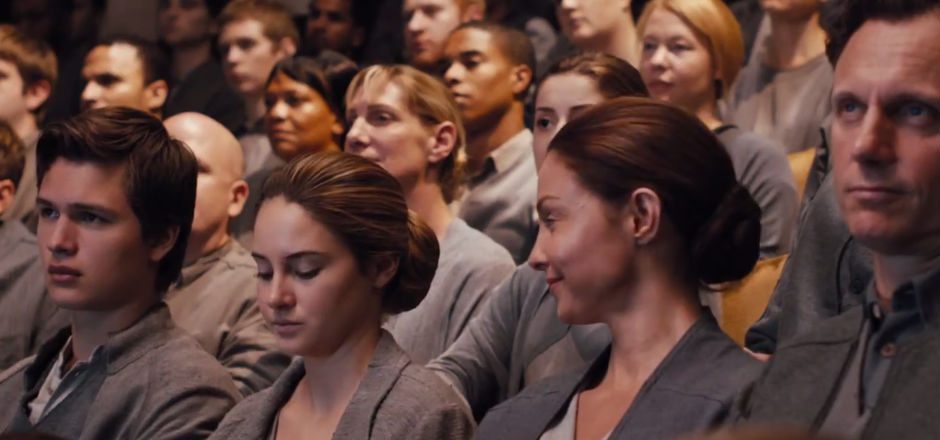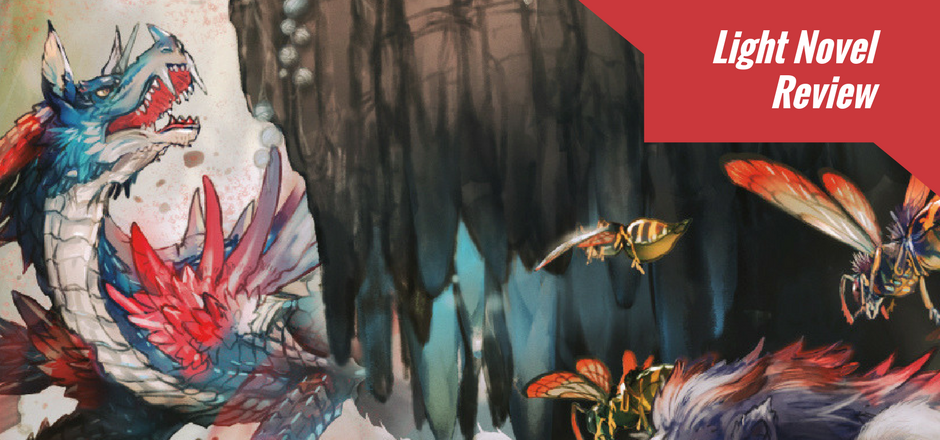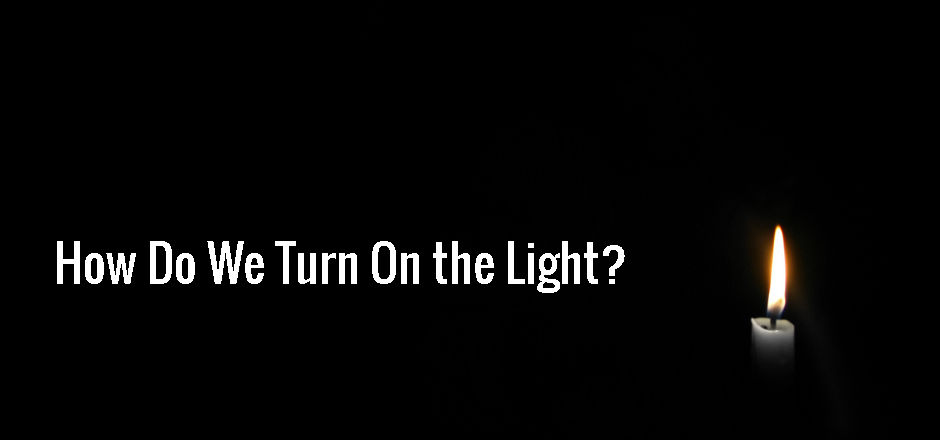The portrayal of good parental figures is not usually a priority in young adult novels, mostly because the type of parent they are and their presence in the story is dictated by what will happen in the novel and the degree of freedom the teenaged main characters need in order to experience it. Truth be told, parents in YA are usually just plot devices.
In contemporary YA novels, the type of presence the parent has usually reflects the type of emotional and psychological issue the main character has to deal with. In YA paranormal romance, the parents are usually there to alternate between absence and interference as the characters confront the supernatural. And in fantasy, sci-fi or dystopian YA, parents tend to be used as leverage against the main characters – when they’re not already dead, that is. There are certainly many books that feature caring and protective parents, but the truth is that in order for teenagers to freely confront the type of situations that make their stories exciting, parents have to be mostly out of the way.
That’s especially true with mothers in YA, although mothers do tend to have a more active role in YA than fathers do. But it’s precisely because of that active presence that their roles usually have more of an impact on the main characters and tend to be more heavily stereotyped than the ones I discussed in my Fathers in YA article.
Unlike the typically heroic, strong, and serious father trends in YA lit, the characterization of mothers tends to be very emotional and directly affects the characterization of the main character. There are plenty of mother types in YA, but there are a couple of categories that shine for their prevalence in the genre, such as the good Guardian Angel; the absentee-enablers Eternal Mourner and Neglectful Narcissist; and the bad Grudge-holder.
One of the most common and easily identifiable type of mothers in YA is the category of the Guardian Angel. These are the mothers that die either somewhere in the story or before the book begins, but who have a strong presence through the novels as the protector of their children. They were usually really great moms that never had the chance to be there for their children as they had hoped to be and instead sacrificed themselves for the safety of their sons and daughters. Lily Potter, Grace Wing from Legend, Natalie Prior from Divergent and Elizabeth from Strange Angels are some of the mothers whose spirits linger behind (metaphorically and sometimes literally) in order to guide their children and protect them as they embark on their perilous journeys.
These moms are usually paradigms of perfection and beacons of goodness, kindness, sacrifice and humility, often admired and loved by many others besides the main character, and also tend to become the guides to follow in the paths of righteousness.
But for every mother that lives on after death, there’s one that’s dead while alive, and that’s the Eternal Mourner.
Traumatized by the loss of a loved one, usually their husband or a child, these are the types of absentee enabling mothers in YA whose thoughts are so lost on the dead, that they can’t usually spare one for the living around them, especially their children. The biggest example of this character is Katniss’ mother in The Hunger Games, Mrs. Everdeen, who fell apart after her husband’s sudden death in the explosion of a mine and never picked herself up after it, not even to ensure the survival of her two young daughters. Like Ophelia from Eyes Like Stars who lost her lover and chose to forget even her daughter, and Mrs. Bishop in The Archived who tries but cannot let go of her dead son, these are the type of mothers that force a heavy baggage on their children – be that responsibility beyond their years or abandonment and identity issues – because they’re not willing to let go of the ones they’ve lost even though they still have people depending on them.
The other most prevalent type of absentee enabler is the Neglectful Narcissist. This is perhaps one of the most troubling of the mother stereotypes in YA because being a Neglectful Narcissist of an absentee mother in YA usually tends to go hand in hand with being career-oriented or worrying in any way or form about their own appearance and needs. They tend to be exaggerated in the novels to the point where they are, in fact, faulty mothers, but the roots of their characterizations come from a problematic idea that mothers are not supposed to spend so much time with their careers or focused on their own problems when that time should be invested in their children.
Take Gina Piper from The DUFF. After writing a book that failed epically, the loss of her mother hit her hard, and so she decided to take her career as a motivational speaker even further and work in her appearance, leaving home for long periods of time to tour across the country. True, she was mostly absent from Bianca’s life, but weren’t her reasons understandable? Instead of understanding, she was vilified by her family, especially her own daughter. But more troubling still is the fact that Bianca’s father, though gentle and loving while sober, is an abusive, mean drunk and has a pretty nasty episode with Bianca halfway through the novel – and yet the mother who presented the divorce papers that sent him spiraling down into alcoholism once more is still the bad guy in this situation.
The double standard for working mothers is certainly not new. Whereas a father in YA can go out and work constantly at the expense of time with his children with little trauma as a result, a mother is usually vilified for doing exactly the same and is usually held accountable for any resulting damage on their children. The case is the same with Alexis’ mom in Bad Girls Don’t Die, who desperately wants to be promoted at work and misses her youngest daughter’s strange behavior, and then is somehow partially blamed for it by her oldest daughter.
Ultimately, the mother to wreak the most havoc on their children’s existence in YA is the Grudge-holder, who usually comes with a big helping of psychological abuse and addiction, be it to drugs or, most commonly, alcohol. These mothers blame their bleak existences on their children, usually because they became pregnant with them at a very young age or because they were left by lovers because of their children. One of the most recent examples of this type of mother comes from Dorothy Must Die in the shape of Amy’s mom, but it usually finds a home in contemporary YA in titles like Unlovable and How to Save a Life.
This is perhaps the most destructive type of mother and the one to leave the biggest scars on the main characters, which usually becomes the main conflict to be solved in their stories.
Most parents in YA, especially mothers, are indiscriminately used as plot devices and forms of characterization, and that tends to mean that there will be some negative aspect to them varying in degrees as the story demands it. That doesn’t mean, however, that there aren’t some amazing moms out there in YA that don’t strictly fall under any of the aforementioned categories. There’s always Molly Weasley; Clara’s mom, Maggie, from Unearthly; Maura, Blue’s mom in The Raven Boys; and Mrs. Lancaster from The Fault in Our Stars.
Protective, loving, smart, strong and, most importantly perhaps, always present when their children need them – what’s interesting about this group is that they fall into the category of what’s supposed to be a normal mom. This is what is expected of mothers, what most mothers are, and yet they are rare in the genre, and that says enough about the representation of mothers in YA. The genre needs to see a change, one that doesn’t relegate such an important figure to the background or shamelessly uses it as a simple plot device. Mothers, even fictional ones, deserve better.
Lorraine Acevedo Franqui writes for Girl In Capes from Puerto Rico and holds degrees in English Literature and Psychology. Her main interests are young adult lit, anything related to The Legend of Zelda and Kingdom Hearts, assorted shounen mangas and cats.






